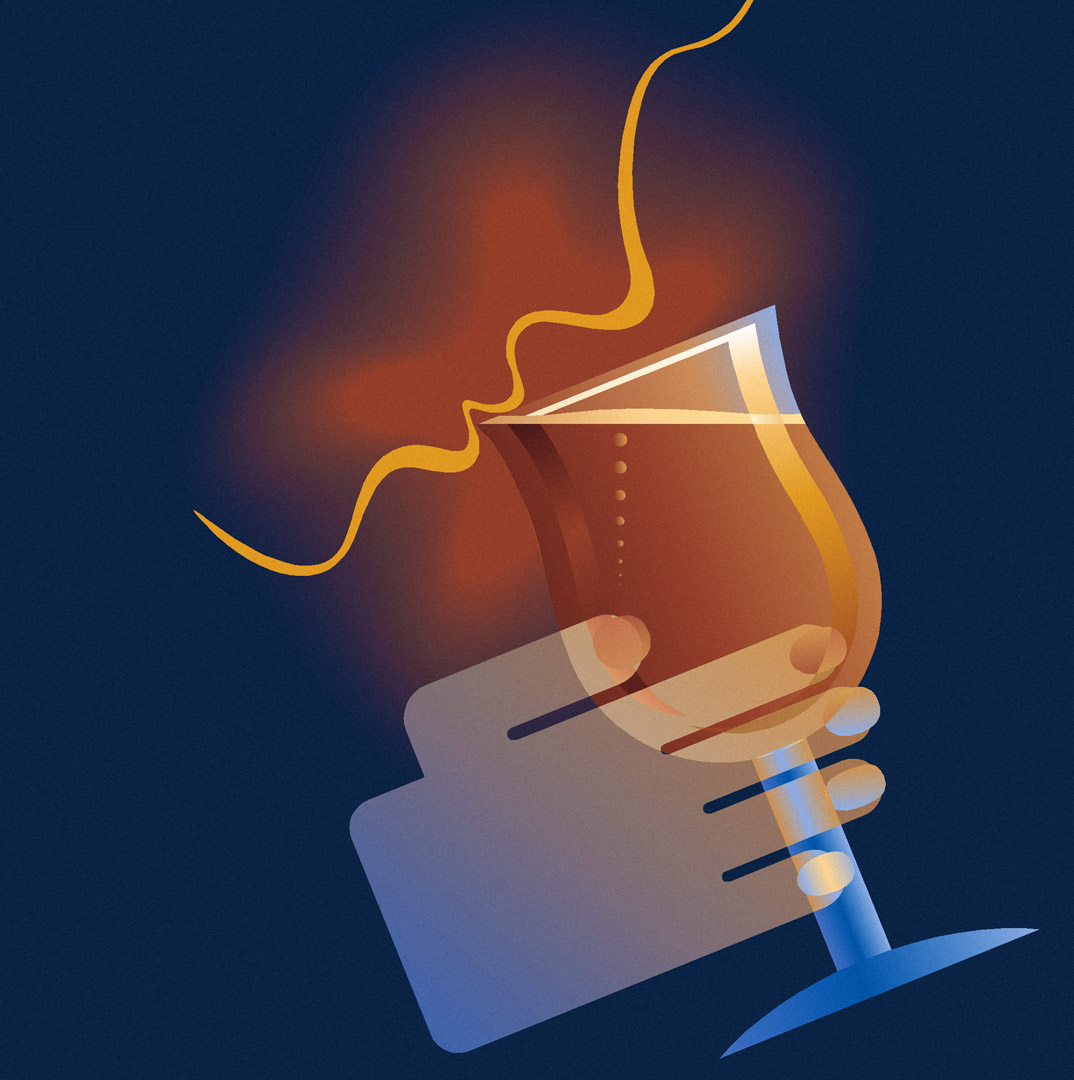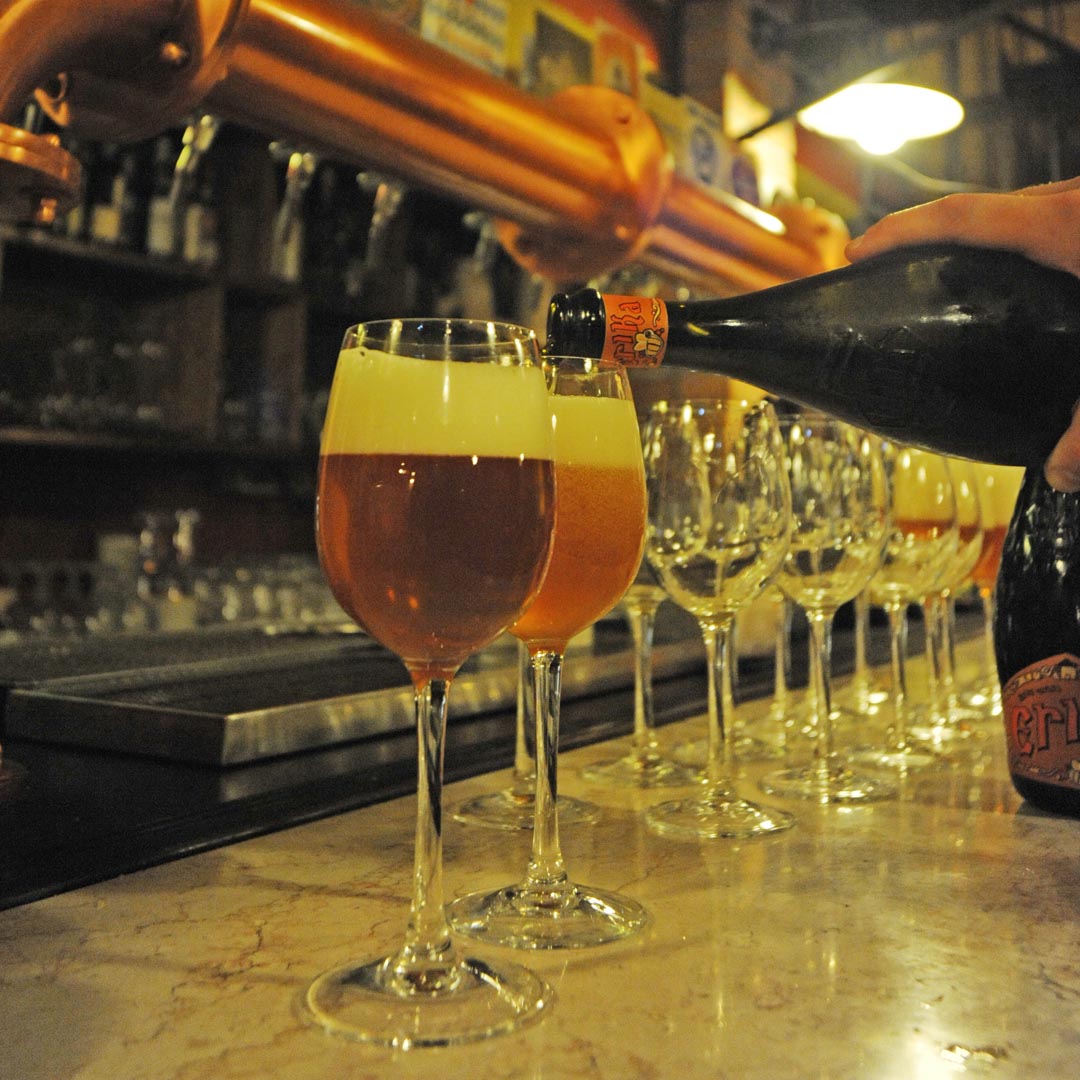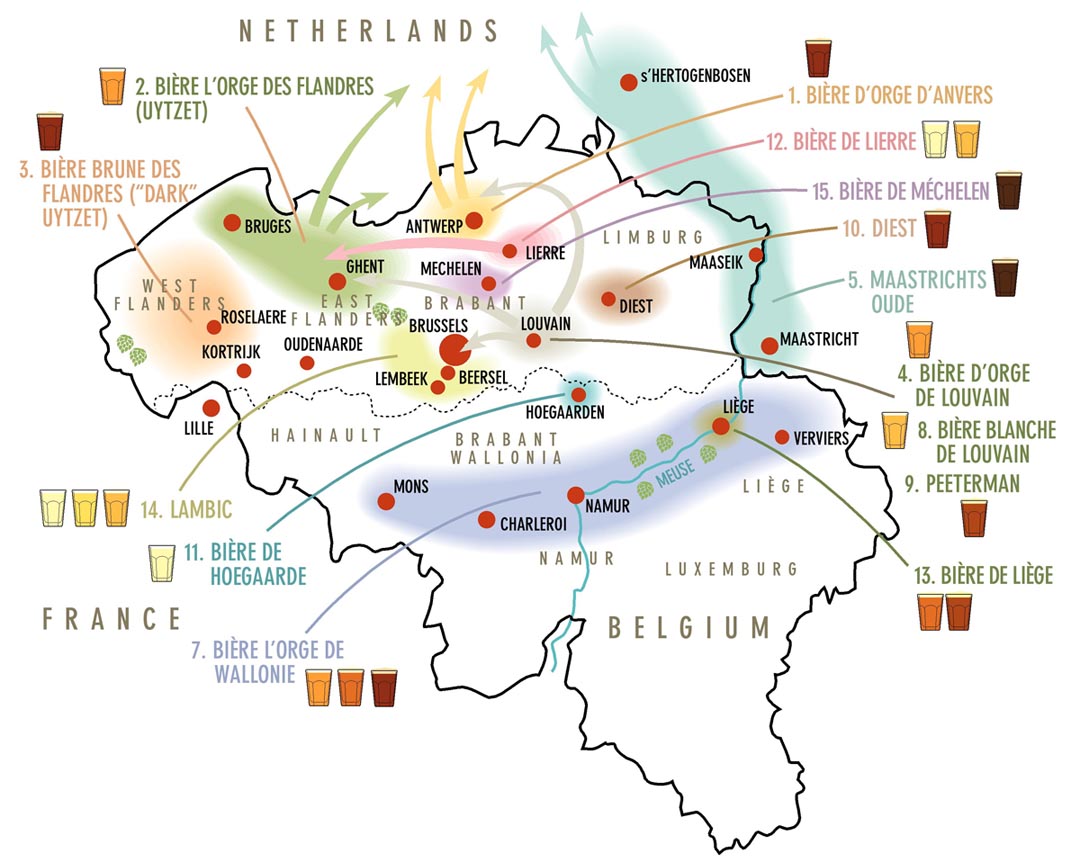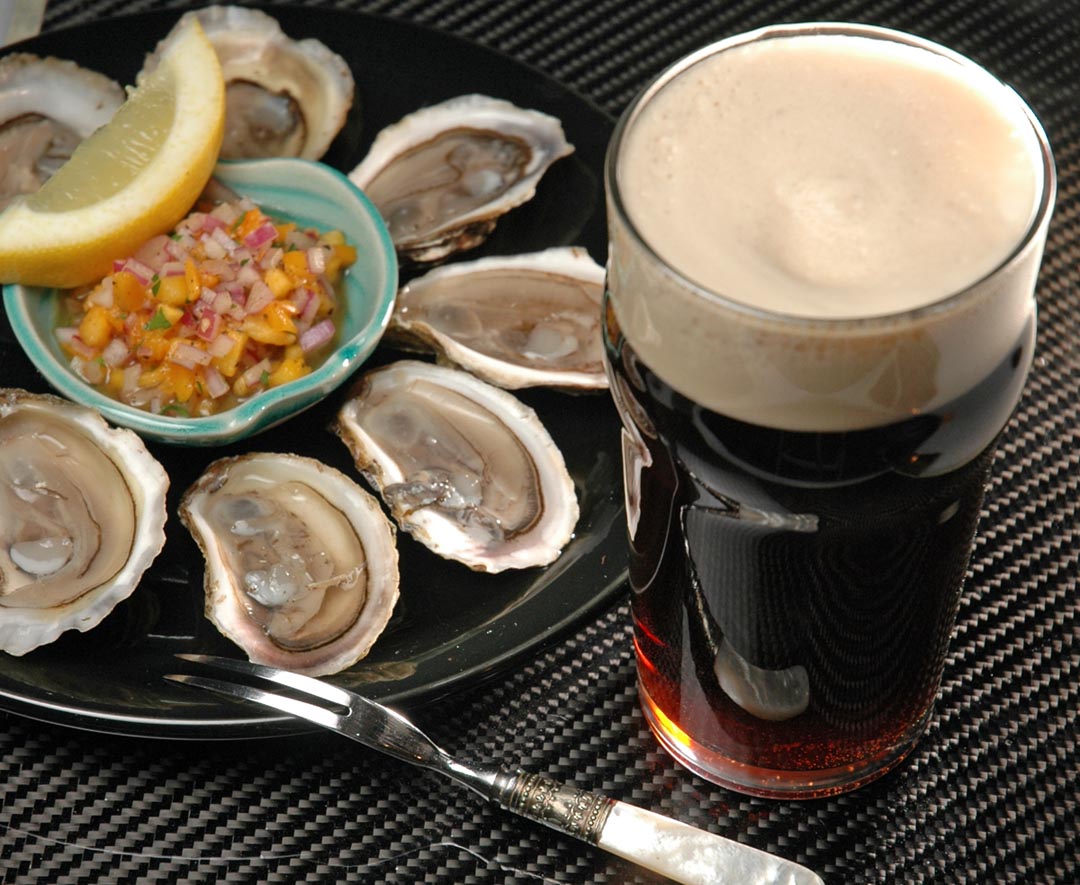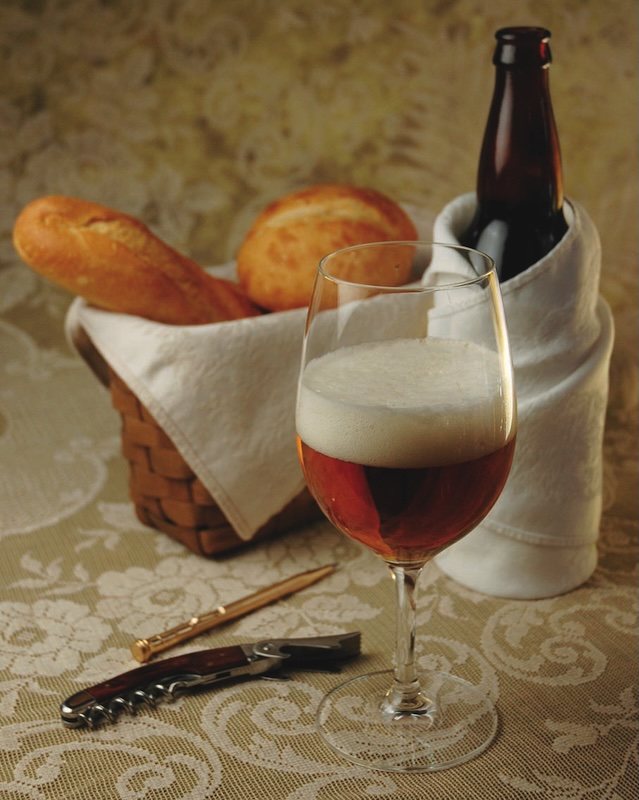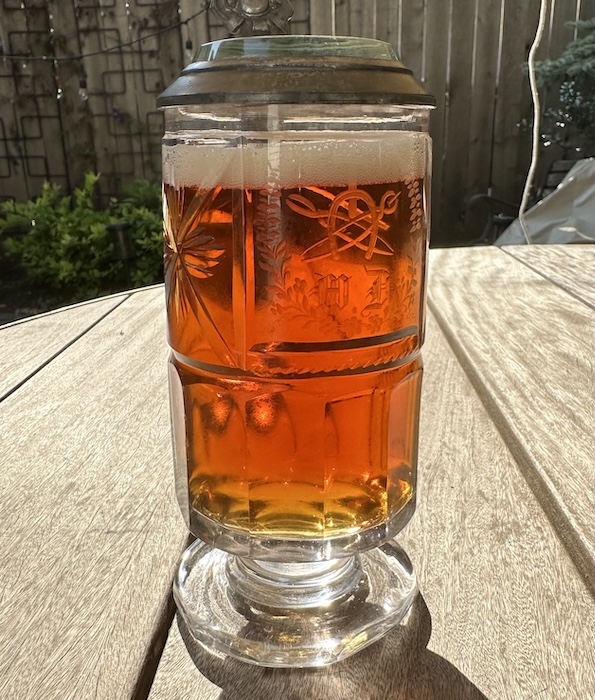Tasting Is Impossible. Knowing Why Is Half the Battle
Watch an expert pick up a glass, give it a quick sniff and instantly the complexities of a wine or beer are translated into a few choice words. It looks like simplicity itself, but try to do the same thing as a novice and it’s often an epic struggle. Experts may make it look easy, but it takes a long time to get there. There are many barriers, not the least of which is that tasting is a deeply unnatural act.

